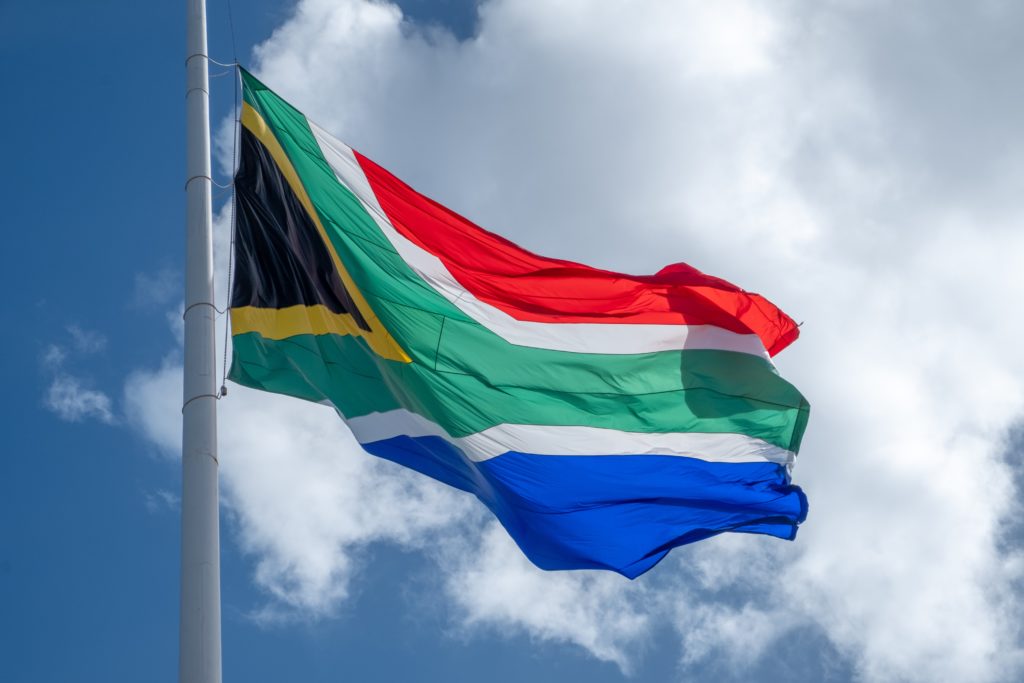The month of March is already upon us, which means Human Rights day – commemorated annually on 21 March – is just around the corner. While many people look forward to this day for the simple fact that it is accompanied by a public holiday, the history behind Human Rights day is truly significant for each and every South African.
Despite celebrating this day every year, many people might not know the true meaning behind Human Rights day. To rectify this issue, here is a brief breakdown of the history behind the historic date.
Sharpeville Massacre
Human Rights day is inherently linked to the events that took place in Sharpeville on March 21, 1960. On this fateful day in March, which has been dubbed the ‘Sharpeville massacre’, 69 people lost their lives and a further 180 were wounded when apartheid police opened fire on a peaceful crowd that had gathered in protest against the current laws in the country.
Langa Massacre
On the 25th anniversary of the Sharpeville massacre, which took place on March 21, 1985, members of the South African Police once again opened fire on a crowd of people attending the funeral of an apartheid activist in Langa, Eastern Cape. This incident became known as the ‘Langa massacre’.
While an official number of deaths has never been released, reports suggest that at least 20 people were killed during the Langa massacre, according to SA History.
Remembering the past
The anniversaries of these two horrific events are a reminder to current generations of the price many South African people of colour had to pay in order for us to live in a society governed by human rights and dignity for all.
Since 1994, government commemorates these painful chapters of our past to unify South Africans and affirm our human rights culture. It is an affirmation that the dark deeds of our past will never be repeated again in a democratic society.
What are human rights?
According to the South African Government, human rights are rights that everyone should have simply because they are human. In 1948, the United Nations defined 30 articles of human rights in the Universal Declaration of Human Rights. South Africa has included indivisible human rights in our own Bill of Rights, Chapter 2 of the Constitution of the Republic of South Africa, 1996.
Some of these essential human rights include, but are not limited to the following:
The right to Equality– Everyone is equal before the law and has the right to equal protection and benefit of the law.
Human Dignity- Everyone has inherent dignity and the right to have their dignity respected and protected.
Freedom and security of the person– Everyone has the right to freedom and security of the person, which includes the right to
-not to be deprived of freedom arbitrarily or without just cause
-not to be detained without trial
-not to be tortured in any way
-not to be treated or punished in a cruel, inhuman or degrading way
-to be free from all forms of violence from either public or private sources
Privacy– Everyone has the right to privacy, which includes the right not to have:
-their person or home searched
-their property searched
-their possessions seized
-the privacy of their communications infringed.
Freedom of expression- Everyone has the right to freedom of expression, which includes:
-freedom of the press and other media
-freedom to receive or impart information or ideas
-freedom of artistic creativity
-academic freedom and freedom of scientific research.
The Bill of Rights also comprehensively addresses South Africa’s history of oppression, colonialism, slavery, racism and sexism and other forms of human violations.
The Bill of Rights embeds the rights of all South Africans in an enduring affirmation of the democratic values of human dignity, equality and freedom.
Picture: Unsplash

